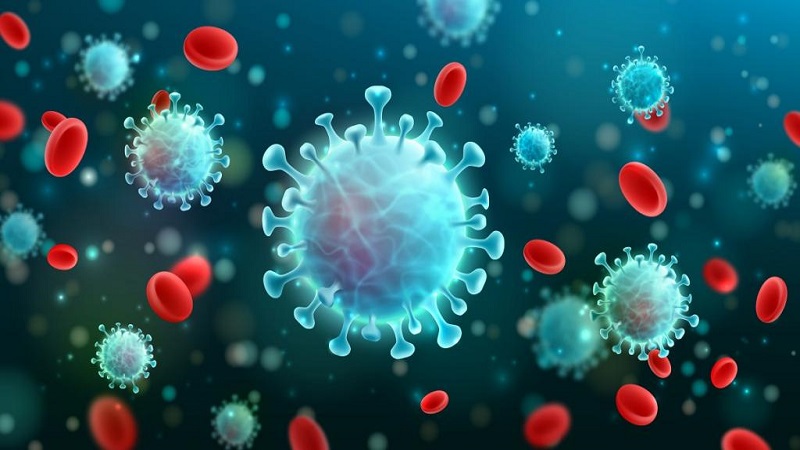
Scientists are concerned when another highly contagious omicron mutant produced by the rapidly evolving coronavirus spreads throughout India and appears in a number of other nations, including the United States.
The variety, known as BA.2.75, may be able to spread quickly and overcome immunity from vaccinations and prior infections, according to scientists. It is unknown if it could result in more severe disease than other omicron variations, such as the widely known BA.5.
‘It’s still really early on for us to draw too many conclusions,’ said Matthew Binnicker, director of clinical virology at the Mayo Clinic in Rochester, Minnesota. ‘But it does look like, especially in India, the rates of transmission are showing kind of that exponential increase.’ Whether it will outcompete BA.5, he said, is yet to be determined.
Still, the fact that it has already been detected in many parts of the world even with lower levels of viral surveillance ‘is an early indication it is spreading,’ said Shishi Luo, head of infectious diseases for Helix, a company that supplies viral sequencing information to the U.S. Centers for Disease Control and Prevention.
Fueling experts’ concerns are a large number of mutations separating this new variant from omicro predecessors. Some of those mutations are in areas that relate to the spike protein and could allow the virus to bind onto cells more efficiently, Binnicker said.
Another concern is that the genetic tweaks may make it easier for the virus to skirt past antibodies — protective proteins made by the body in response to a vaccine or infection from an earlier variant.
But experts say vaccines and boosters are still the best defense against severe COVID-19. In the fall it’s likely the U.S. will see updated formulations of the vaccine being developed that target more recent omicron strains.
‘Some may say, ‘Well, vaccination and boosting hasn’t prevented people from getting infected.’ And, yes, that is true,’ he said. ‘But what we have seen is that the rates of people ending up in the hospital and dying have significantly decreased. As more people have been vaccinated, boosted or naturally infected, we are starting to see the background levels of immunity worldwide creep up.’
It can take a few weeks to determine whether the most recent omicron mutant will have an impact on the pandemic’s course. The growing concern over the variant, according to Dr. Gagandeep Kang, a virus researcher at Vellore’s Christian Medical College in India, highlights the need for more persistent efforts to track down and identify viruses that combine genetic research with information about who is ill and how seriously. She emphasised that surveillance shouldn’t be a start-stop tactic.
Luo said BA.2.75 is another reminder that the coronavirus is continually evolving – and spreading.
‘We would like to return to pre-pandemic life, but we still need to be careful,’ she said. ‘We need to accept that we’re now living with a higher level of risk than we used to.’

Post Your Comments